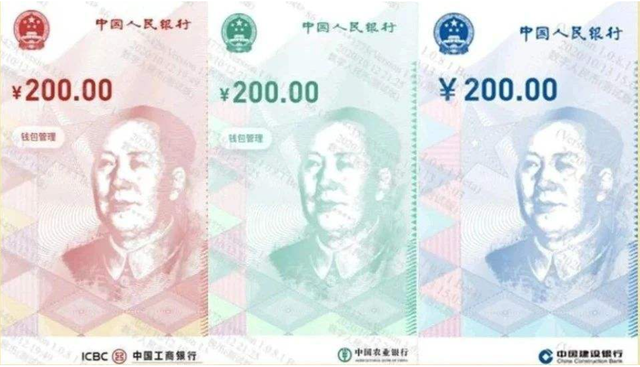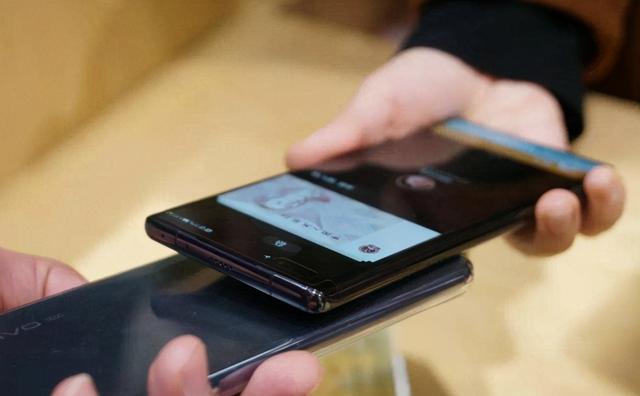AliPay & WeChat Pay to be Replaced
With the development of the Internet, China’s payment methods have undergone great changes. In the past, payment was made in cash, and then swiping cards became more popular in the future, and now the QR code is constantly upgrading, while bringing more and more convenience to our lives. Now a mobile phone can travel all over China, complete all payments, and cash is gradually being abandoned.
Such a big change in payment methods has to be attributed to Alipay and WeChat Pay. Driven by these two companies, the scale of China’s mobile payment market has continued to expand.
According to data from iResearch, the transaction scale of China’s third-party mobile payment reached 226.2 trillion yuan in 2019, with AliPay’s market share of 55.1%, WeChat Pay’s market share of 38.9%, and the two companies’ combined market share of 94%. They are in a monopoly advantage. Alipay and WeChat, one billion users and one 1.2 billion users, occupy the payment portal and have a major impact on the entire financial industry.
Recently, in response to the monopoly of the third-party payment market, the People’s Bank of China launched a digital renminbi, and the status of Alipay and WeChat payment may be affected.
The People’s Bank of China made its third shot and issued another 20 million red envelopes

On January 1, 2021, the People’s Bank of China made its third move and continued to pilot digital renminbi in Shenzhen and issued 20 million digital red envelopes. 100,000 citizens become lucky and can spend this 200 yuan to more than 10,000 offline merchants. Consumption basically covers all daily necessities.
Prior to this, digital renminbi has launched two rounds of pilot projects in Suzhou and Shenzhen, with a total of 30 million red envelopes, plus a total of 50 million this time. Although this number is not large compared to the population of tens of millions, it shows that the pace of advancement is getting faster and faster.
With the development of the times, the utilization rate of cash in China has indeed fallen sharply, and it is rapidly entering a cashless society. The Central Bank of China is well aware of this trend. Research on the digital renminbi began as early as 2014, and the pilot program was not launched for the first time until October 2020. It is reported that the digital renminbi may be fully promoted within 2-3 years.
Digital RMB is very simple to use. Download a “Digital RMB APP” to recharge and use. Currently, this APP is not public, and only people who are invited to test can download it.
What are the advantages of digital renminbi?
The digital renminbi is backed by national credit and is very safe and reliable. In the payment process, it has many advantages.

The Alipay and WeChat Pay currently used are indeed very convenient, but they can only be completed when there is a network. In places with poor network signals such as airplanes, cruise ships, and underground parking lots, it may be more troublesome, but digital renminbi can be paid offline, without the network, just like banknotes.
Digital renminbi is also very good for merchants, because digital renminbi is directly credited to the merchant’s bank account.
The digital renminbi can also protect our privacy very well. Unlike Alipay and WeChat Pay, every purchase is traceable and recorded by big data.
Are Alipay and WeChat Pay’s status affected?
After the launch of the digital renminbi, will it have an impact on the status of Alipay and WeChat payment? Alipay and WeChat Pay are wallets, while digital renminbi is the money in the wallet, which will not have much impact.
Will you use Chinese digital renminbi? Or continue to support Alipay and WeChat Pay?
